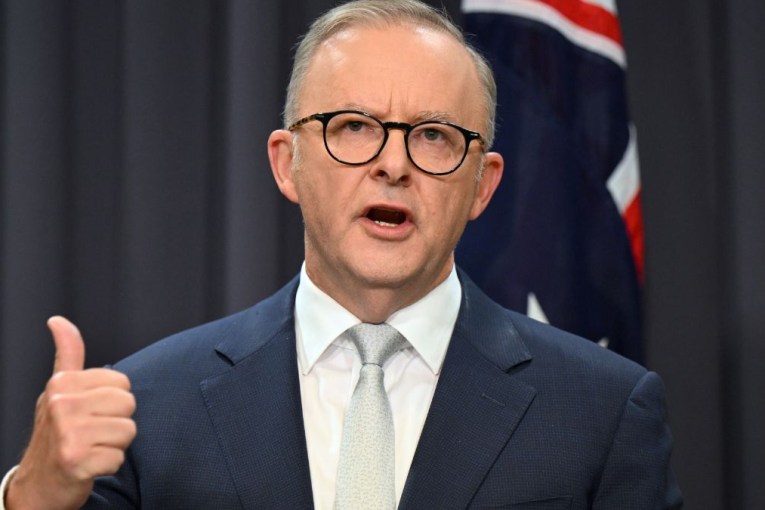Tony Wood: War-weary energy warriors should find good news in proposals

In the past two weeks, the Morrison government has positively reset the parameters of Australia’s climate and energy wars.
There is a long journey ahead, and much to be concerned about, but there are also initiatives worthy of support.
The Prime Minister and his Minister for Energy and Emissions Reduction, Angus Taylor, have been noticeably clear on three critical policy initiatives.
First, they are now talking the talk on delivering lower emissions, with lower costs. Indeed, the prospect of net-zero emissions by 2050 is described as eminently achievable.
Delivering emissions reductions of 250 million tonnes per annum by 2040 is a substantial gain against Australia’s current emissions of about 530 million tonnes.
How much of this is expected to be domestic and how much associated with exports is, unfortunately, unclear.

The new parameters of Australia’s energy platform aren’t all bad for a green future. Photo: TND
Second, they have committed to supporting early-stage technologies with the potential to materially contribute to both dimensions of that objective.
Government support in this area, provided it is well disciplined to avoid wasting money on poor choices, represents sound economic policy.
And the net has been widened beyond electricity generation, a sector already making substantial progress as the generation mix shifts away from fossil fuels.
Deployment of more solar and wind power is no longer about subsidising their cost, as the PM rightly argues.
Third, the PM has committed to following the economics, not a narrow set of technologies.
In the development stage, picking potential winners is necessary and the government has relied on well-qualified expertise to do so.
The harder task will be to maintain the discipline, and this is where the track record of organisations such as the Australian Renewable Energy Agency (ARENA) is valuable.

The Grattan Institute’s energy program director Tony Wood.
Some critics will argue against support for carbon capture and storage (CCS). However, it is at least plausible that CCS may be the only viable alternative in specific areas of emissions reduction in Australia.
The government is in familiar and dangerous territory when it comes to what comes next.
Businesses will not invest in lower emissions without some form of carrot or stick.
The Gorgon LNG project in Western Australia would not be sequestering CO2 without that being a government condition of approval, and renewables would not have dramatically grown in Australia without the Commonwealth’s Renewable Energy Target or similar support from states and the ACT.
Even though the PM is right to reject more subsidies for renewables, emissions reductions in the electricity sector are unlikely to play their most efficient role without a policy driver.
The same will apply to other sectors.
The Technology Investment Statement is the right approach for development but is not a policy to deliver lowest-cost deployment.
For now, the latter remains a political constraint for Mr Morrison and Mr Taylor.
Two areas of the government’s package of announcements represent an alarming continuation of recent tendencies by Australian governments to intervene directly in the very energy markets for which they bear ultimate responsibility.
Despite good intentions, such interventions are unlikely to deliver the governments’ desired outcomes, but rather exacerbate the problem that triggered the intervention, or add costs for consumers with little benefit.
The idea of a government-supported, gas-led recovery is most likely to be simply unachievable.
It will battle against fundamental cost barriers of new gas supply, the history of gas-based manufacturing in Australia, and the objective of a transition to net-zero emissions.
Unresolved frustration with AGL’s intention to close the Liddell coal-fired power station in NSW led to the government’s threat to support new gas-fired generation in the Hunter Valley.
There is no market failure that justifies this threat.
On balance, while serious concerns remain and new ones have been created, there are elements in the announcements and the ministers’ language that suggest progress is being made in the right direction.
The absence of a sense of timing and urgency is a serious deficiency.
Yet even the most cynical and war-weary of energy policy warriors should find some good news here.
Tony Wood is the director of the Grattan Institute’s energy program








